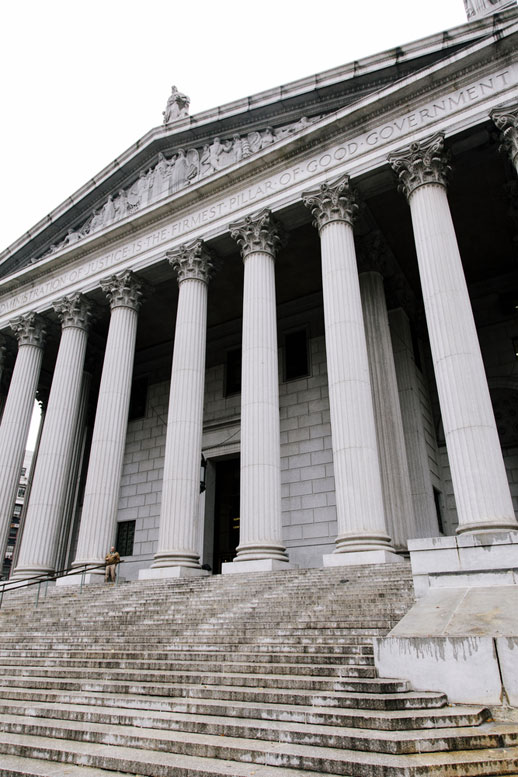On Tuesday, a three-judge panel of the 2nd U.S. Circuit Court of Appeals reversed a lower court judgment that disqualified a habeas petition holding the plaintiff guilty of laches, and ruled that the petition was valid as the delay was caused due to the fault of lawyers. Tobias Nickels, a New York man convicted of killing a three-year old boy by a non-jury trial was denied opportunities to have his case considered because his lawyers did not do their duty.

Tobias claims that the child’s death was due to an accidental fall from the kitchen counter. He appointed The Office of Pro Se Litigators to deal with the case. They repeatedly promised that they were taking action but did nothing. Ultimately the firm went out of business, and Tobias was left in prison.
Nickels was convicted in June 2005 in the New York State Supreme Court in Steuben County of second degree murder and sentence to a term of 24 years to life in prison.
In August 2007, after the order of a state appeals court in February 2007, the sentence became final. After about four months, Nickels asked the Office of Pro Se Litigators to help filing a petition of habeas corpus.
Federal rules of limitation state that such a petition must be filed within a year from the time the judgment becomes final. The petition was ultimately filed in 2010, two years past the line of limitation.
At the lower court, Rochester judge David Larimer found Nickels guilty of not being sufficiently diligent from behind the bars to follow up on the Pro Se Litigator’s work and that he should have filed a ‘bare bones’ petition by himself, though he had no access to relevant documents which were in possession of his attorneys. In his enlightened September 2010 order, the honored and insightful judge David Larimer wrote “Petitioner had been given ample reason to suspect that something was amiss with Pro Se Litigator’s representation of him.”
The 2nd Circuit Court of Appeals disagreed.
While remanding the case the appeals court observed that judge Larimer should have taken into account all the factors in Nickel’s situation, in particular the effect that the promises of Pro Se group would have had “on a person in Nickels’ position.”
The case is Tobias Nickels v. James Conway, U.S. Court of Appeals for the 2nd Circuit, No. 10-4228.

